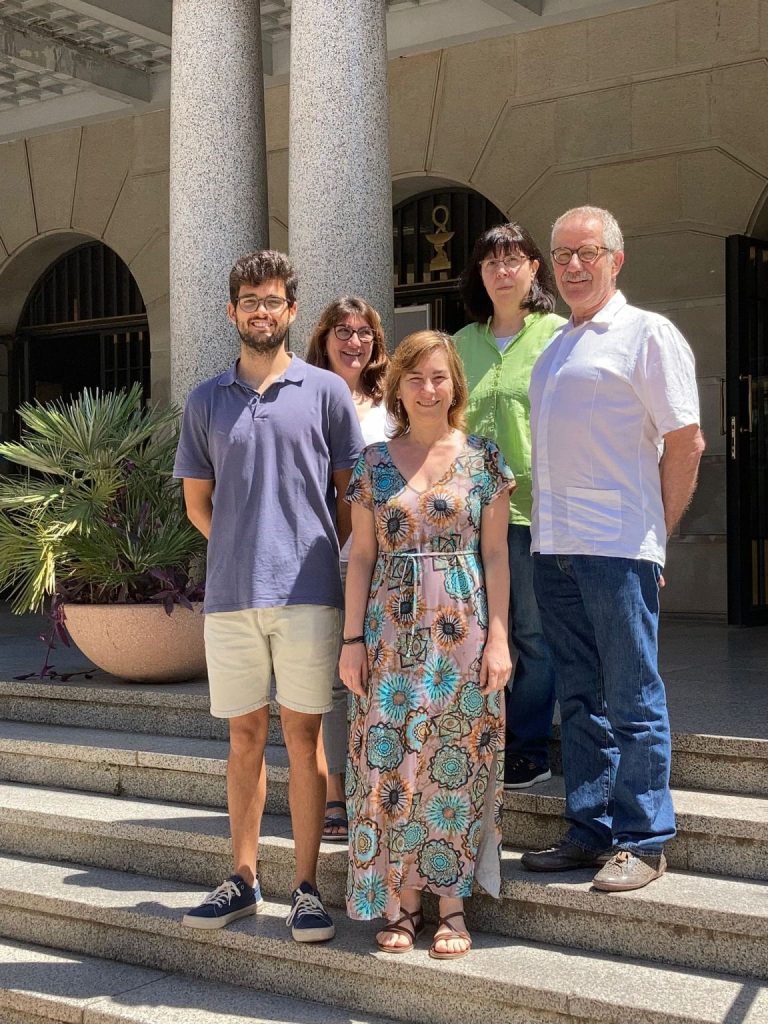A study led by the IBUB team of Juan C. Laguna, Professor of Pharmacology at Universitat de Barcelona, demonstrates a new beneficial effect of bempedoic acid in an experimental model of rats with non-alcoholic fatty liver disease. This drug has been approved for use in humans in the treatment of hypercholesterolemia.

The pathology of non-alcoholic fatty liver disease is currently highly prevalent and can progress to serious pathologies such as liver cirrhosis and hepatocellular carcinoma. There is currently no drug approved to treat this pathology, but the results of this work reinforce bempedoic acid as a possible treatment.
Previously, Professor Laguna’s team had shown that treatment with bempedoic acid significantly reduced fatty liver in the same rat model of non-alcoholic fatty liver disease. The new published data demonstrate another beneficial mechanism of bempedoic acid treatment in this pathology: in addition to normalizing hepatic fat content, bempedoic acid restores the correct hepatic production of H2S, a gasotransmitter involved in the control of fat and sugar metabolism in the liver. The results of this work reinforce bempedoic acid as a possible treatment for fatty liver.
The work, published in the International Journal of Molecular Sciences, is led by researchers from the Faculty of Pharmacy and Food Sciences, the Institute of Biomedicine of the University of Barcelona (IBUB) and the Center for Biomedical Research Network of Physiopathology of Obesity and Nutrition (CIBEROBN). The team of Carlos Bocos, from the CEU San Pablo University, has also collaborated.



